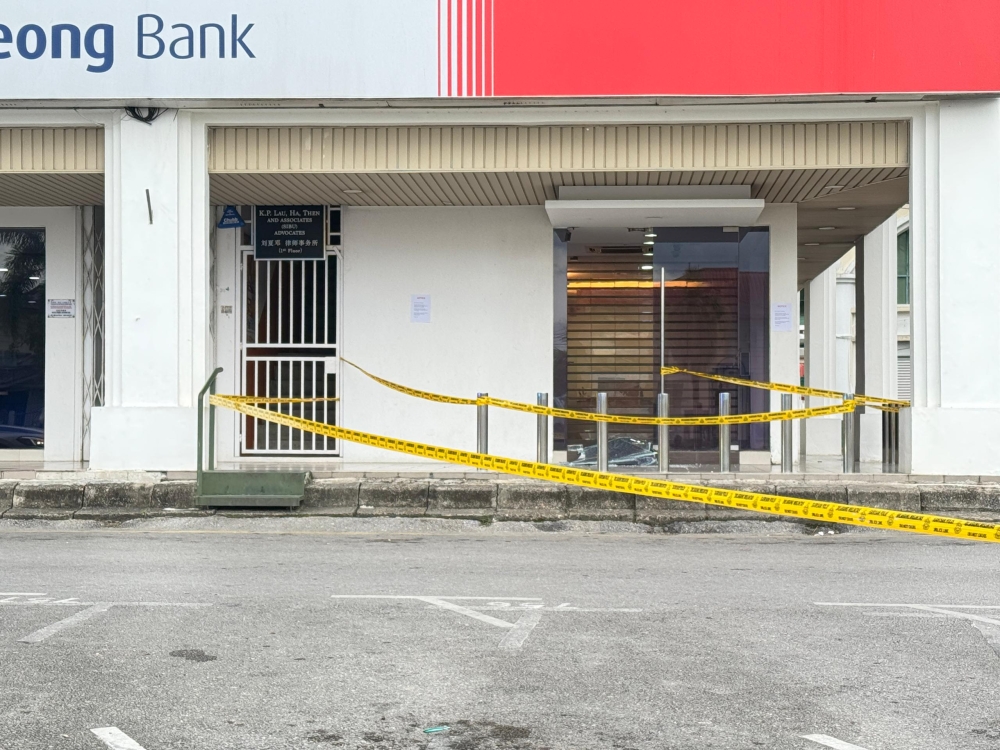KUALA LUMPUR, April 18 — Malaysia’s Health Ministry will embark on a big-scale mass screening of its foreign workers here, following Singapore’s record daily jump of new Covid-19 cases detected among its migrant workers’ communities.
Health director-general Datuk Dr Noor Hisham Abdullah said foreign workers were among the groups identified for targeted testing after the ministry took note of Singapore’s latest development.
“We are embarking on a big scale of screening of foreign workers as well. That is part of our focused group,” he said during his daily Covid-19 press briefing here.
Singapore’s health ministry confirmed 942 more coronavirus infections earlier today, a new daily record, the vast majority of which are among migrant workers living in dormitories.
In terms of mass screening, Dr Noor Hisham said the ministry’s targeted approach was based on two factors — location and high-risk groups.
Among the high-risk groups identified were the Sri Petaling tabligh cluster comprising 40 per cent of the total positive cases recorded to date and tahfiz schools linked to the Sri Petaling mosque cluster.
“What we have from our tahfiz schools is that there are about 11,045 students of which we have screened 8,892 of them with 277 returning positive. We will continue screening this group as well,” he said.
As for location, Dr Noor Hisham said the ministry was in the midst of identifying hotspots, citing several areas within the Federal Territories of Kuala Lumpur and Selangor currently under an enhanced movement control order (EMCO).
In these EMCO areas, Dr Noor Hisham said the ministry conducted screening and mass testing of those residing within as seen in Selangor Mansion, Malayan Mansion and Menara City One in the city centre.
Other residential areas and housing estates placed under EMCO are Mile 21 until Mile 24 in Sungai Lui, Hulu Langat as well as Kampung Dato’ Ibrahim Majid and Bandar Baharu Dato’ Ibrahim Majid in Simpang Renggam in Kluang, Johor.
So far, the MOH has screened more than 105,000 cases in Malaysia with only 5,305 positive results or just above 5 per cent compared to the World Health Organisation’s (WHO) benchmark of around 10 per cent for countries’ Covid-19 infection rates.
Meanwhile, Dr Noor Hisham also assured that there was enough personal protective equipment (PPE) to be distributed to frontliners despite the perception that it was insufficient.
Each complete set of PPE consisted of 18 different parts, he said, adding that the procurement process was currently ongoing for certain elements that are running low.
“Looking at our stock for the various states and hospitals, we have enough for a month. Before this, the N95 mask was a big issue but now that has been resolved,” he said.
















.jpg)


